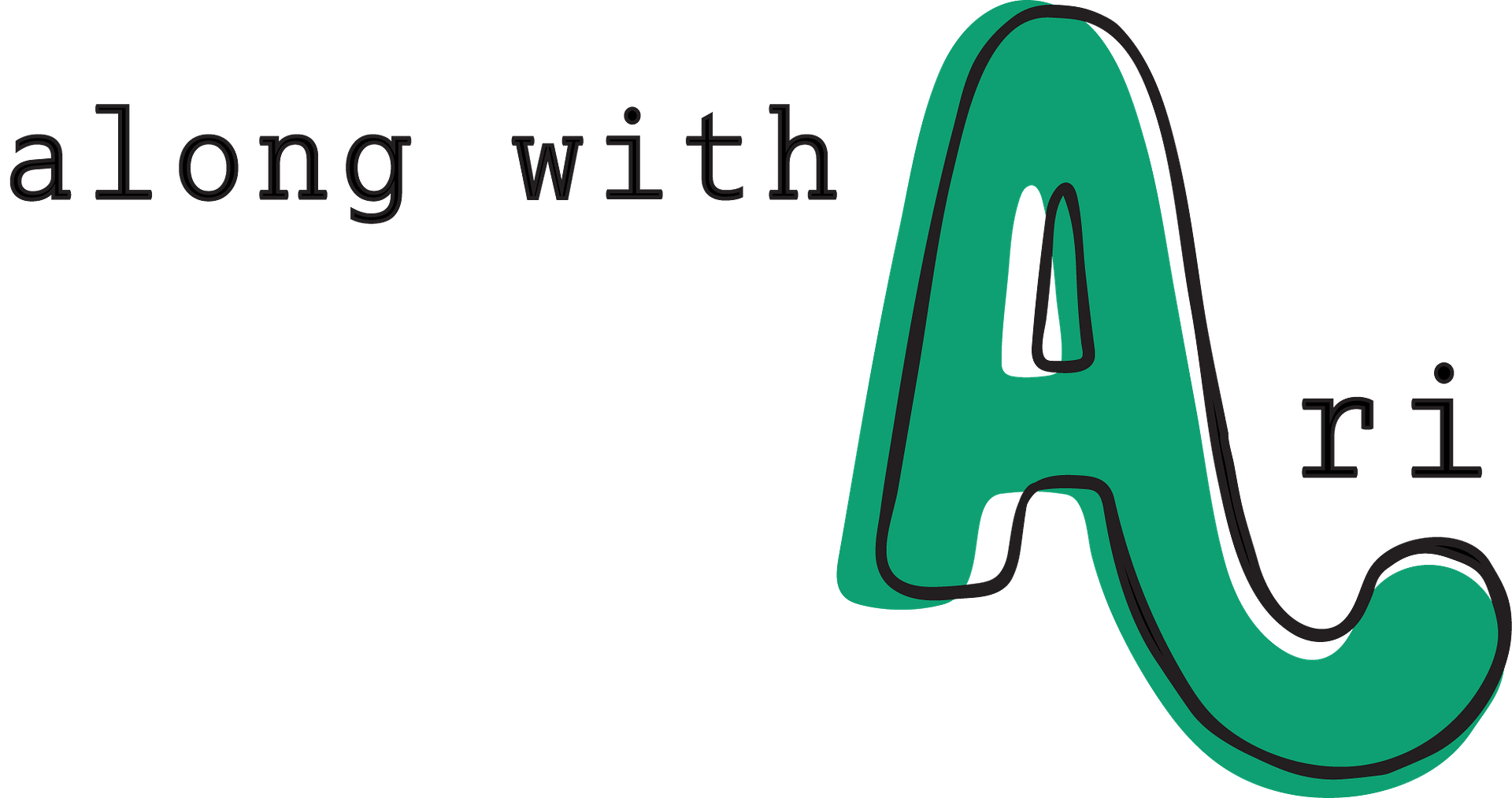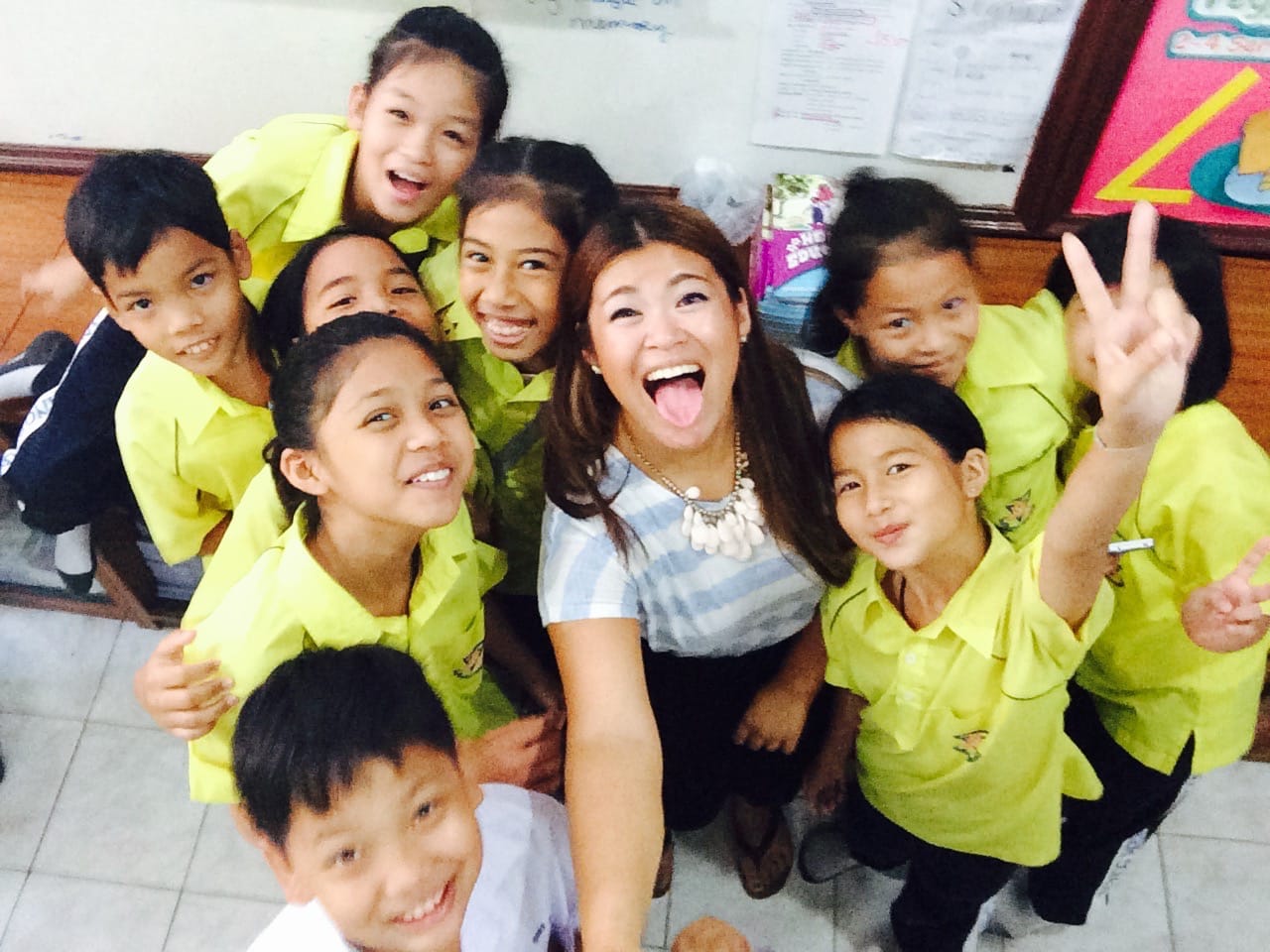
***Updated 10/18
The longer I stay in Thailand, the more questions I get about how other people can do the same or similar things to what I’m doing now. Moving to another country can be a supremely daunting experience, but my best advice is to just bite the bullet and DO IT. No amount of planning can fully prepare you for what’s ahead. However, with that being said, there are some basic questions that are easily answered to make the transition just a little bit easier.
Currently, I am a teacher at an international school which you do need a teaching license to work at. However, this is the path I took to get my foot in the door! It’s a good way to figure out if teaching is the thing for you without fully committing to a lifetime of education.
Below I’ve complied a list of questions/answers and tips about how you can make this dream come true for YOU.
1. Which program did you use? and How does it work?
I used a program called Geovisions. Geovisions is an organization that partners with a group placed directly in Thailand, and in many other countries, called XploreAsia. Now, while you could go directly through XploreAsia, I’ve found many benefits by going through Geovisons.
You’re in constant contact with the people at Geovisions while you’re making all the preparations for your move. They are so incredibly helpful with every little question and concern you have. I don’t think I couldn’t have felt more comfortable preparing for this venture with them by my side.
When you sign up for the program, you have the option of taking the TESOL Online or in house. While the online class was much cheaper, I opted for the in house option so I could be eased into life in Thailand. A TESOL is essentially the cheapest certification you can receive that will allow you to teach English in other countries aside from having a teaching degree from a four year school. The class will teach you all the basics of teaching that you will need to survive in your classroom.
Once you are accepted into the program, Geovisions makes sure that you have all the documents and visas prepped and ready and informs XploreAsia of your flight and arrival dates for pick up.
2. How much does it cost?
The cost of the program was about $2000. Most other sending programs cost about the same amount. If you choose not to go through Geovisions – any other program you choose will have similar options and prices.
Flights will range anywhere from $600-$1100 for a one way or RT ticket
Non-Immigrant B Visa – Single $80 if coming from the states. This is the visa you will need to come and work in Thailand. Here is a list of required documents needed to obtain said visa.
This means that prior to coming, you will have to spend around $3000 right off the bat.
I will also provide a cost breakdown of my first months living in Thailand later in this post.
3. What happens once you arrive in Thailand?
Prior to your arrival, you will be put in contact with an XploreAsia contact who will help with more specific questions about the program. XploreAsia will arrange for pickup whenever your flight lands. You will meet a driver who will have a sign with your name on it and be safely whisked away to your pre-arranged hotel.
After a few days in Bangkok, you’ll be taken to the gorgeous coastal city of Hua Hin where you will spend your first month. This is where you will take your culture and TESOL class. The class is usually from about 9-4 and you learn so much helpful information. Each TESOL also includes a short English camp that is immeasurably helpful in your success as a future teacher. Aside from teaching you vital classroom information, you will also be taken on fun adventures around the city and taught some key cultural do’s and don’ts.
The benefit of taking your TESOL in the country you are wanting to teach is that you are taught to teach those specific children by people who either were teaching or are currently teaching. They can provide tips that no online or American TESOL can give you because you teachers know first hand what works and what doesn’t. XploreAsia also does a really wonderful job of making you feel as comfortable as you can be when you first arrive. They know that the process can be quite daunting and want to make the transition from class to teacher as smooth as possible.
4. Is accommodation provided? What is it like?
For the first month of your TESOL training, you will be housed in the same places that all the other teachers live. However, that changes a bit once you get your placement.
Now, your placement is not only your new town, but also the school which you will be working at. Typically, you won’t even know the age of the kids you will be working with until you show up at the school that first day.
Some of your agents will already have teacher housing for you or will drive you around to help you find a place to live. Other agents leave you off to your own devices to find a place to live and you might get help from a Thai teacher at your school or some of the other foreign teachers in the city.
The quality of your accommodation will depend on a few things: the town you live in, the quantity of choices, and how much you are willing to pay.
For me when I first arrived, my agents didn’t know that much about the town but had set up a deal with one of the local apartment complexes near the school. Because I lived in a very small non touristy town, my rent was pretty cheap about 3,300 baht a month ($95USD) plus utilities. It was perfect for me – it was clean and just big enough for one person. It even had air conditioning. After living there a while, one of my friends found a gorgeous house in the countryside and moved out of the original apartment.
In the bigger cities like Chiang Mai, Bangkok, and Phuket you can expect to pay around double for the same size apartment with air conditioning if not more. In places like Isan, I’ve heard people living in places where there was no AC just fans, and sometimes not even a western toilet. <—- I give MAJOR props to these people.
5. Wait, what’s an agent?
An agent it like your middle man between the school and you! When you are given your placement, you will also be given an agent to help ease you into life in your new town.
Depending on how hospitable they are, they are your contact to getting paid, correcting anything with your visa if your school can’t help you, helping you if you get sick or need to go to the hospital, etc, etc. Sometimes, things can be lost in communication when a school tries to directly talk to you and you can clarify what their needs are with you agent. They are supposed to be another form of help besides the people at XploreAsia.
6. How much money should I bring?
So this is a very general cost breakdown. It’s easier to spend less than I did and also super easy to spend a lot more. It just depends on what kind of person you are. This covers your first two months of living before you get your first paycheck from your school.
First month in Hua Hin $1000 – This covers food $200-$300, your accommodation in the city $400 (along with the deposit) and souvenirs or other misc. expenses $300 you may have. This may seem like a lot of money when you’ve only ever heard about how cheap Thailand is, but it’s easy to lose track of money when you and 200 of your closest new friends are exploring your new home. That being said – this cost can be significantly lower if you want it to be. I wouldn’t suggest anything lower than $700 for things like food, accommodation, transportation, etc. It’s also important to note that when you’re coming from a western world, money doesn’t really seem real here. I can’t tell you how many times I’ve heard people say “I feel like I’m paying with Monopoly money” after they spent 4000 baht in a blink of an eye.
Random sneaky expenses $300 – Trust me, you never know what could happen while you’re here….
First month of teaching $1000 to $1500 – Like you’re first month in Hua Hin, this should cover most of your upfront costs when you arrive to your new town. Most apartments/condos/whatever will have you pay for your first and last months rent plus maybe a small deposit ($300ish). Depending on how you’re planning on getting to school, you’ll need to purchase some form of transportation whether that be motorbike rental or purchase (Roughly $100 for rent/month – $550 and up for purchase). You’ll also need to buy things like bedding, a fan, maybe some food, toiletries, phone top ups, internet, and other miscellaneous things ($300-$500) to get you started.
Just like any new move, there will more than likely be some sneaky costs that you might not think about when you are in the planning phase of your move. This is a very general budget that I think would work for most people – but not all. I would suggest that you bring no less than $2000 to get you started for the first two months. That should leave you with a bit of cushion room should anything happen while you are here.
Moving to a new country can be daunting for any person, but you never know how you’re going to react to it, until you just do it! I say all the time that moving abroad was the best thing to ever happen to me, and I stand by that statement.
If you have any specific questions that weren’t answered in this post, feel free to leave a comment below or shoot me an email listed on my contact page.
xo
-Ari



